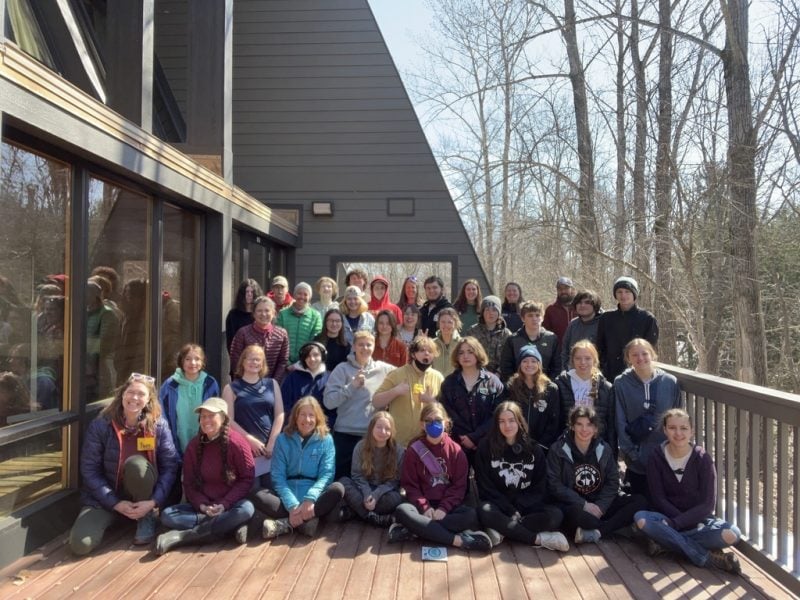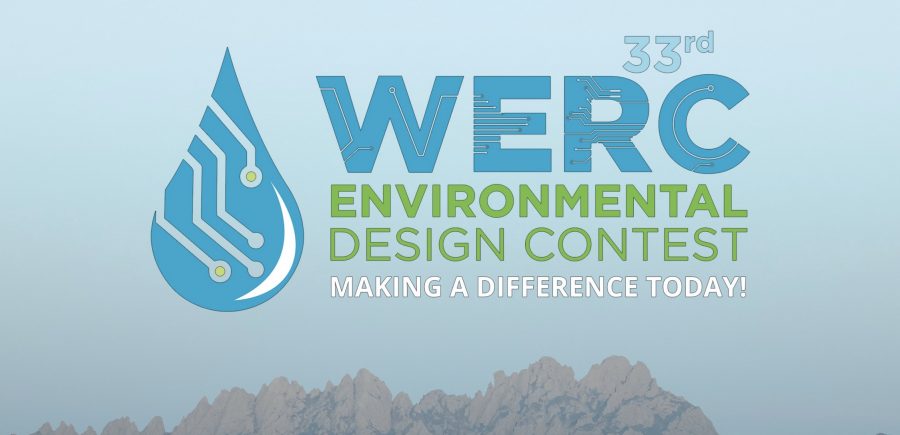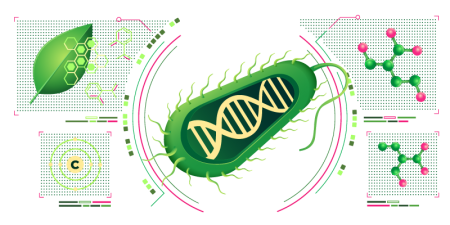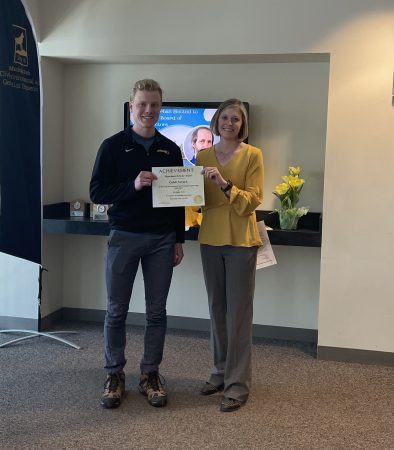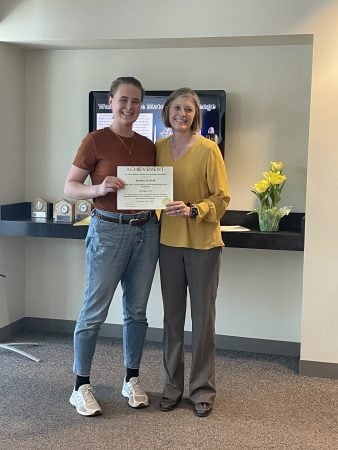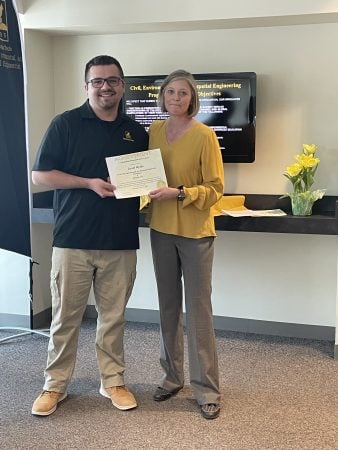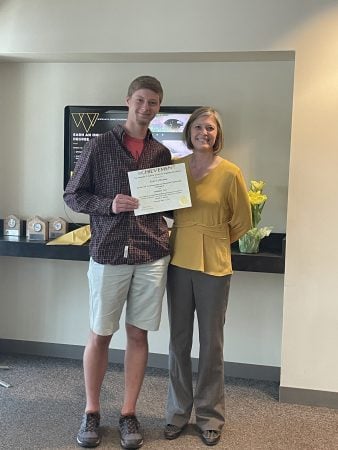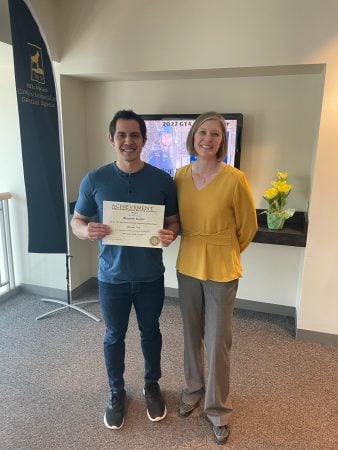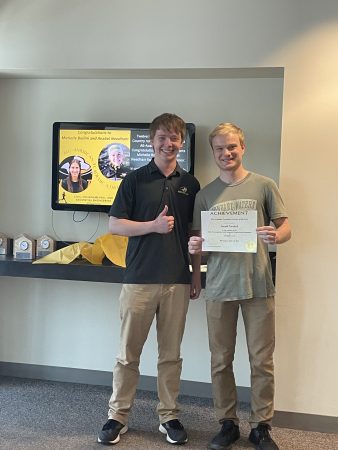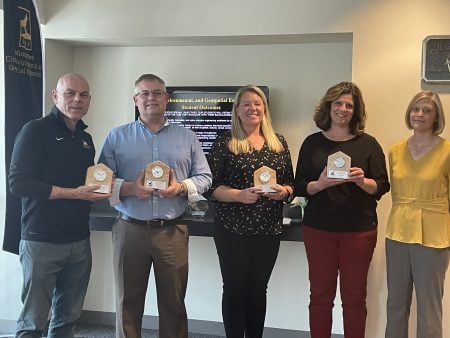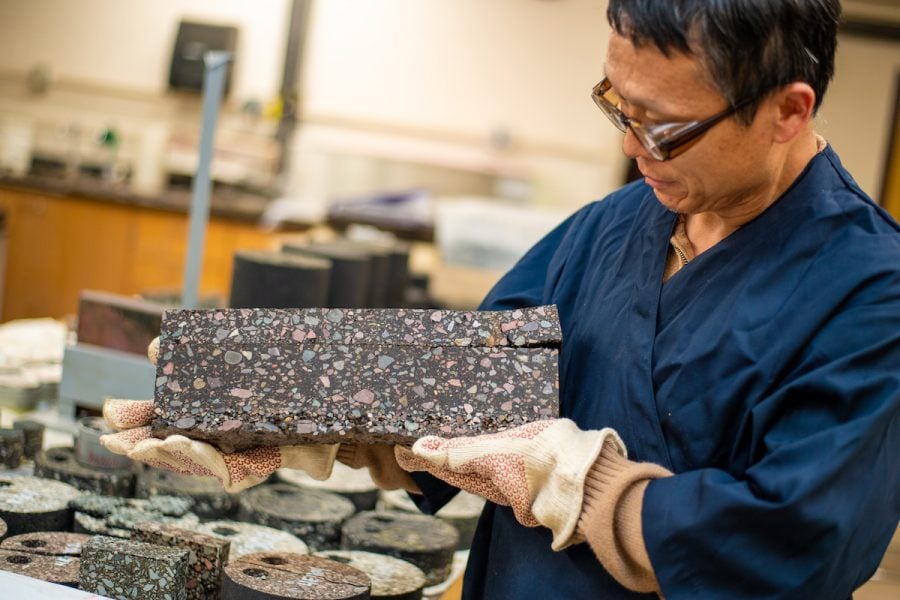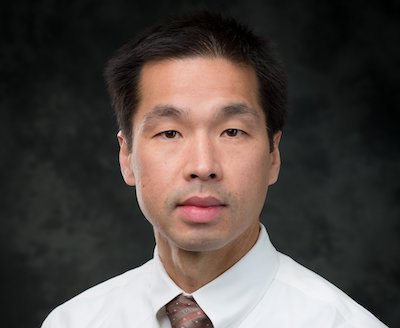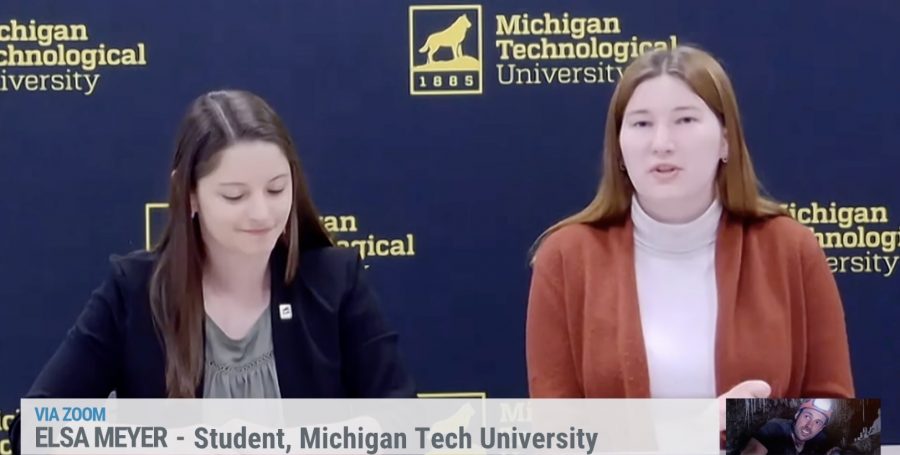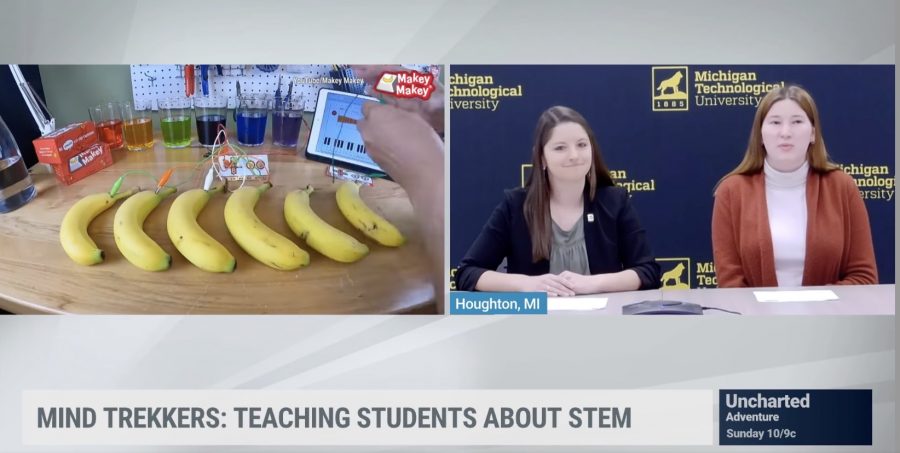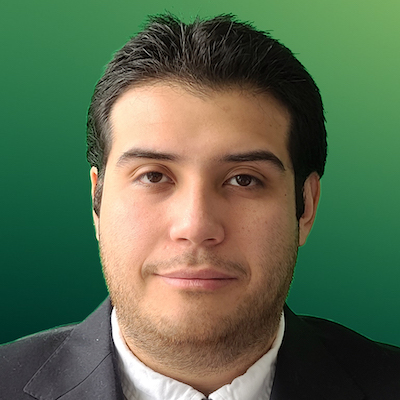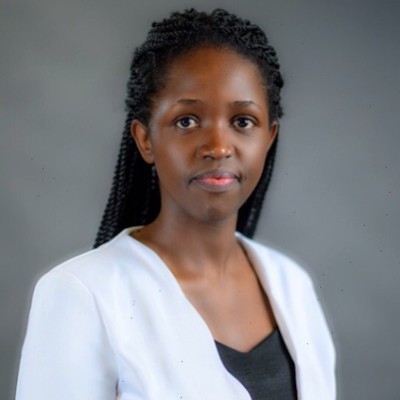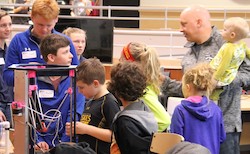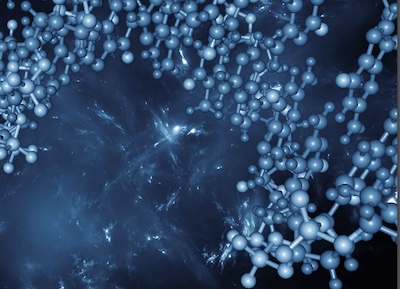The 23 students in grades 8-12 who attended the Lake Superior Youth Symposium could not say enough positive things about their experience. The 4-day symposium took place April 20–23, 2023, at Northland College in Ashland, Wisconsin.
Here’s what some of them had to say:
“I never knew how beautiful our area is until now! Thanks a million!”
“Coming to this symposium has been one of the most fun things I have ever done! I learned a lot about the Lake we call home.”
“I have been able to talk and learn from people of other cultures that I would not have able to otherwise.”
“It was good learning about Lake Superior and meeting others who love it, too!”
Students enjoyed field trips to the Red Cliff Fishery, Copper Falls State Park, Apostle Islands National Lakeshore Sea Caves, organic food production and composting, Ashland art and murals by bike, how to slow stormwater runoff on campus, and plant foraging, plus a Friday evening LaCrosse game with students from the nearby Bad River tribe.
“Everything was so fun here! I learned what a watershed is and that I really do have a place in it!”
“This trip made me realize the importance of protecting Lake Superior!”
“I was able to learn so much about looking at things from other perspectives and will be able to use that throughout my life.”
“This was such an eye opening experience into my future and how much I Iove the place I live!”
“I loved learning about Ojibwe culture and how important it is to protect the lake’s fish to benefit the native culture.”
Students attending the symposium came from Lake Linden-Hubbell, Dollar Bay-TC, Houghton-Portage, Ewen-Trout Creek and Ironwood School Districts, Community Alliance for Progressive Education (CAPE), and Keweenaw Bay Ojibwa Community College (KBOCC).
The following donors made it possible for Western UP students to attend:
- Friends of the Land of Keweenaw (FOLK)
- The Nitrate Elimination Co, Inc
- Private Individuals and Community Organizations through the Lake Superior Stewardship Initiative: Patricia Heiden, Sally Santeford, Sarah Green,
- Copper Country Trout Unlimited
- MiSTEM Network grant through the Michigan Department of Education
- Michigan Tech University Center for Science and Environmental Outreach
- National Science Foundation grant to MTU Award# 2136139
The following also helped to make this opportunity available to local students:
- Copper Country Intermediate School District
- Lake Superior Stewardship Initiative
- Western UP MiSTEM Network
- Participating School Districts: Houghton, Lake Linden-Hubbell, Ewen-Trout Creek, Dollar-Bay Tamarack City, and Ironwood Area Schools
Learn more about the 2023 Symposium. The next symposium will be in May 2025 at University of Minnesota Duluth.
For more information contact Joan Chadde, jchadde@mtu.edu, 906-369-1121, or Emily Gochis 906-482-0331.
